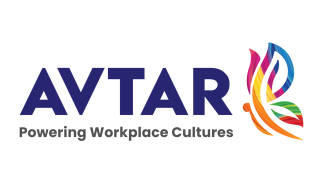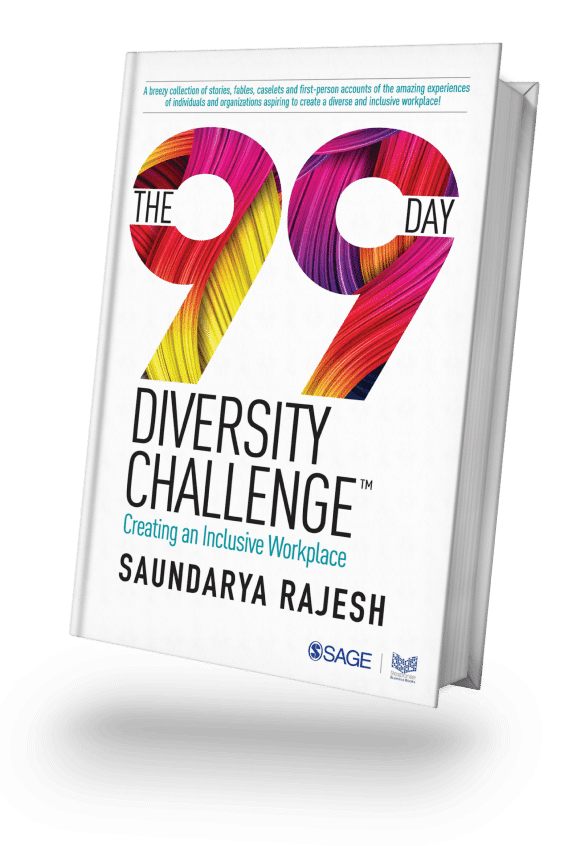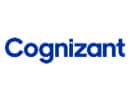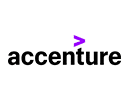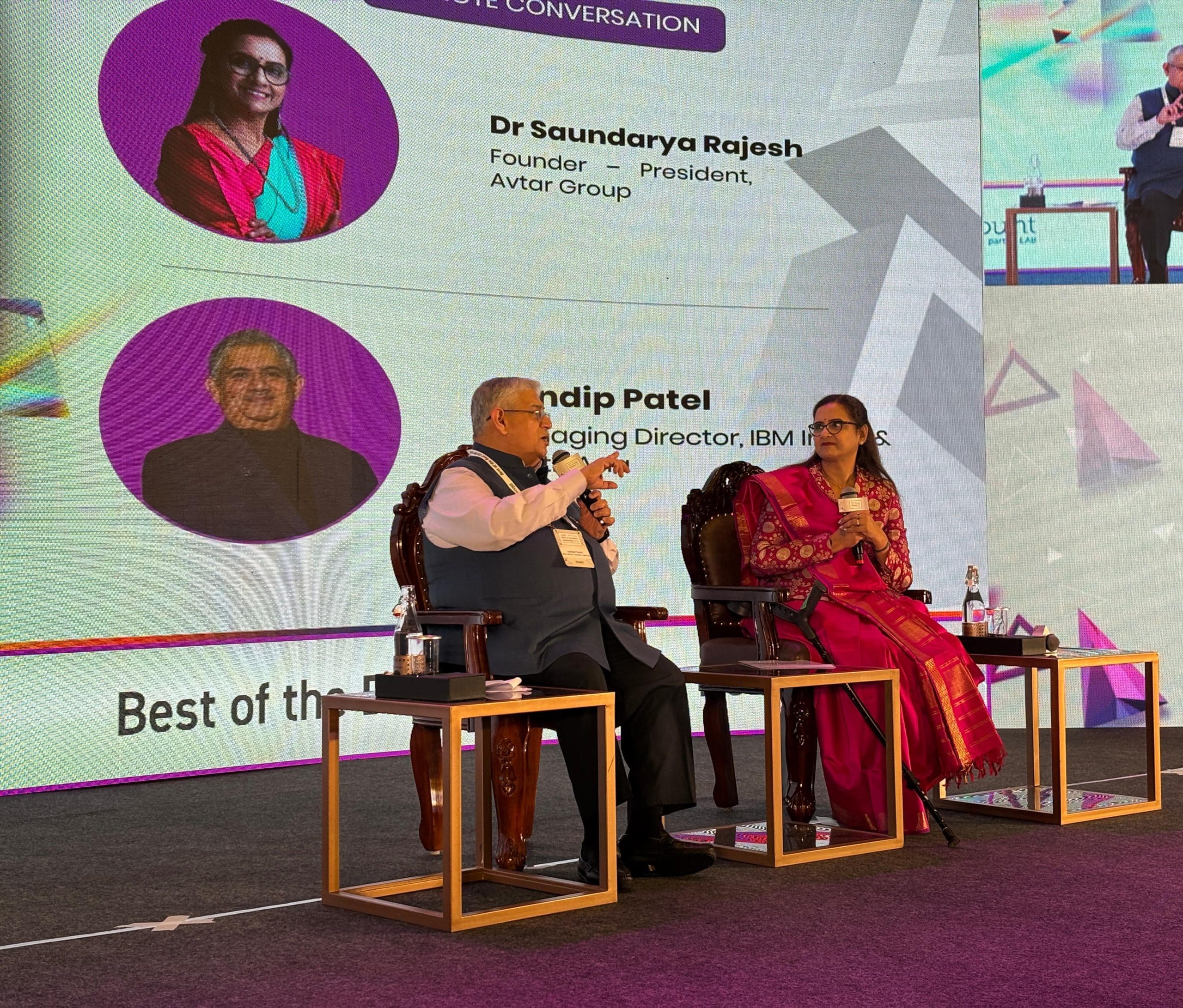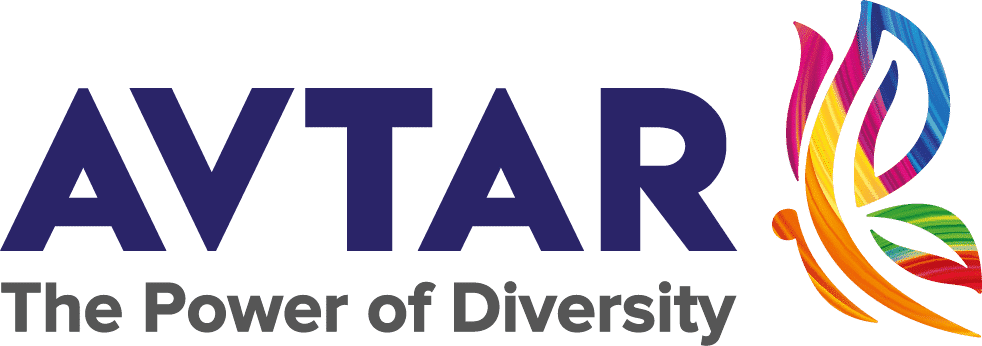by Redeat Gebeyehu
BACKGROUND:
The value of DEI (Diversity, Equity, and Inclusion) as cultural enablers that lead to better business outcomes has not yet been conclusively proven across fast-growing economies (geographies of reference include Africa, Middle East, Vietnam, Singapore, and Australia). This study conducted by Avtar aims to identify data-backed as well as anecdotal evidence to prove that DEI does indeed contribute to the top-line and bottom-line of the businesses, striving for growth in these regions.
To identify data-backed as well as anecdotal evidence to prove conclusively that DEI does indeed contribute to the top-line and bottom-line of the businesses, striving for growth in these regions. The project also seeks to culminate in the creation of a framework that can be applied to organizations that are experimenting afresh with DEI, to align their DEI goals to business vision and purpose.
METHODS:
Using a qualitative case study approach, 22 interviews were conducted with key informants from Africa, the Middle East, Vietnam, and Australia.
SAMPLE:
A total of 22 key informant interviews were conducted, the majority of them found through LinkedIn research, and others through recommendations from networks. Our experts were from Vietnam (1), Iraq (1), Jordan (1), Botswana (1), Burundi (1), Chad (1), Egypt (1), Ethiopia (1), Kenya (1), Libya (1), Malawi (1), Mauritius (1), Morocco (1), Nigeria (1), Rwanda (1), Senegal (1), Sierra Leone (1), South Africa (1), Uganda (1) and Australia (3). All interviews were conducted via Zoom, except for one which happened via WhatsApp recording. The interviewees provided oral consent for recording, and interviews were later transcribed from audio to text, and transcripts were coded and analyzed using a thematic approach.
KEY RESULTS OF DEI
Five key results on the advantages of DEI have been discovered: diversity of ideas breeds innovation, confronting biases, advances previously underrepresented groups, and creates empowerment.
- Diversity of ideas: Employees will bring much more variety, different inputs, and perspectives, as well as an added vision to the organization. This creates new approaches to old ways of doing things, and if utilized and managed well with trusted relationships within the company, it can help everyone thrive. This means when cohesive actions are taken, they translate into the results of the organization whether it is in the forms of expansions, saving costs, or increase profitability. Moreover, when a company reflects the community it exists in, the products and solutions it comes up with will apply to the population it serves.
Expert quote: “For the first time, we had access to international organizations that were willing to invest in a difference in a way we have never imagined. And I kept thinking to myself, what if this person wasn’t on board, what if this person wasn’t able to represent us?”
- Breeds Innovation: There is more value to the organization as DEI initiatives bring innovation to sectors, instead of the same old, homogenous group that usually leads to group thinking and provides replication of previous work. In an environment where you feel included, and you see diversity is appreciated, you are more willing to bring your ideas forward, and suggest a challenging idea – and that is where innovation thrives. This could be in a new training being introduced, a new program or product – all of which benefit from innovative wealth.
Expert quote 1: “If we have that wider perspective, oversights can be tackled early on, someone can say to us, actually, no, this is a red flag, let’s not do that”
Expert quote 2: “I realized that I’d always been working with like-minded people, and therefore spoke the same language and had very similar philosophies”
- Confronting Biases: This provides an opportunity for staff to interact, work hand in hand with groups they might never come across which will not only enrich the workplace but also force employees to have better emotional intelligence and recognize their own biases eventually. Some of these individuals will go back to their communities and have something good to say about a colleague, who might be of a different culture or background.
Expert quote: “a man who is not used to even having meals with his sisters and mother … that’s how separated men and women are in this place. And he goes to work, and he works with women, he comes to understand, see them in a different light. And it changes that one person that can go home, and he’ll teach his children differently”
Intense training or awareness creation in the workplace also hit on important concepts such as unconscious bias and microaggression – where a person might suddenly stop and think:
Expert quote: “What took me so long to learn this … so sometimes you feel a little guilt and you know, sort of internal shame for things you didn’t know”
- Advance previously underrepresented groups: Impacting different communities that have been left behind, accommodating their needs, and facilitating them to accomplish their studies is going to not only upgrade them, but the fruits of that progress will benefit the company and create a sense of loyalty from the employees. This is mostly because, often people who have been overlooked and underappreciated, end up being a lot more devoted to the company. Moreover, when you aspire for diverse representation in the events you host, and you reach out to young women, economically marginalized groups, and so forth – you will for the most part notice almost immediately how much those programs mean to them.
Expert quote: “It is real happiness to see a refugee graduating and having a job and getting a salary and be able to move the family from the camp and have an impact outside his or her own family. This is something that makes me happy. I reflect on it on daily basis”
- Creates empowerment: When staff is included and treated equitability, they are less fearful to suggest new ideas and be proactive to voice thoughts – and when the manager listens, it is even more empowering and permits them to share more, that is how you discover the hidden gems within employees. Other ways of empowering employees to benefit the company are through initiatives such as entrepreneurial skills, through bringing them on board with education, education programs, and ensuring that they can pass on the knowledge that they received to their peers. Having minorities represented in leadership positions also helps in unexpected ways, aside from the success of the organization.
Expert quote: “Because now we have those females sitting in executive roles, female employees are more empowered to report on sexual harassment as they feel understood and listened to… now it is taken seriously with a clear process to be followed to ensure that the correct disciplinary measures are taken and protect the individual”
CONCLUSION:
Diversity, Equity, and Inclusion mean creating a platform and culture where everyone irrespective of their backgrounds, nationality, gender, or any other parameter are given equitable opportunities, and they can thrive at the workplace free of any preconceived notions and stereotypes – including fairness in recruitment, salary, compensation, and promotions. It also means looking at the differences we have within our societies and embracing them for the betterment of organizations by making sure historically marginalized and underrepresented groups are given equitable treatment. Because in all areas, whether it be from gender, sexuality, age, faith – it is all part of what makes up a person and the value they bring. Thus, it is highly important to remove all the constraints that are put around people, dissect them and make them an equal playing field. This requires understanding the systems that have been put in place that either promote or sustain exclusion, usually from a perspective that privileges maleness, whiteness, heterosexuality, and others. At the end of the day, no matter who a person is, they need to be invited to the seat and given free rein to bring their whole self to work as it is very key for the growth and sustainability of every organization.
Expert quote: “But it’s good that there’s this discussion, right? Gives me hope, because if we’re starting this conversation, and you’re doing this research, and there are so many reports supporting that diversity equity and inclusion is so important …”
Redeat Gebeyehu is pursuing M.S. Community Health and Prevention Research at Stanford University. Prior to the same, she has completed BA, Human Biology with Public Health concentration; Global Studies minor with a focus in Africa at Stanford. She is a Mastercard Foundation scholar and a recipient of the Dean’s Award for Academic Excellence.
